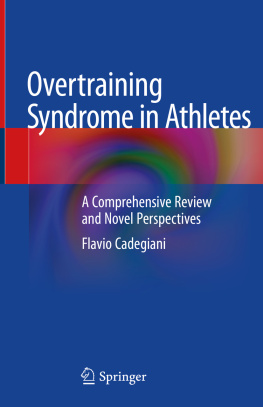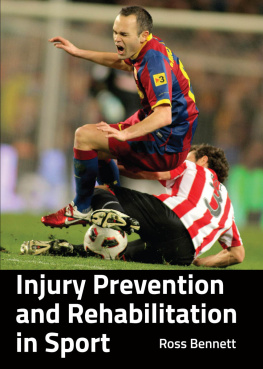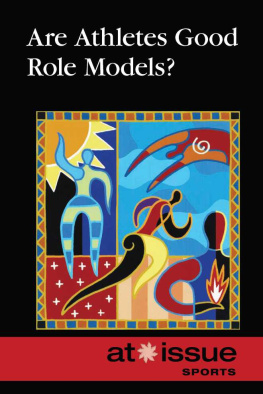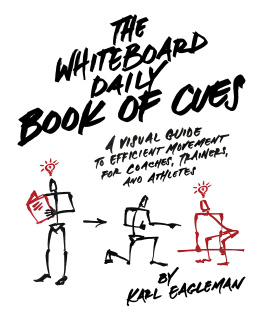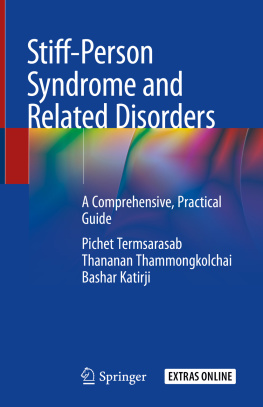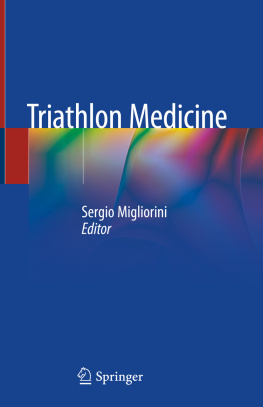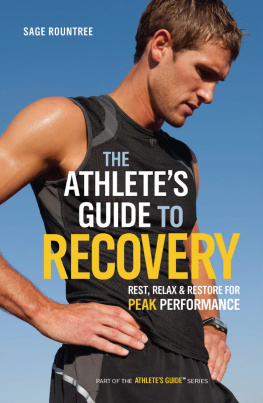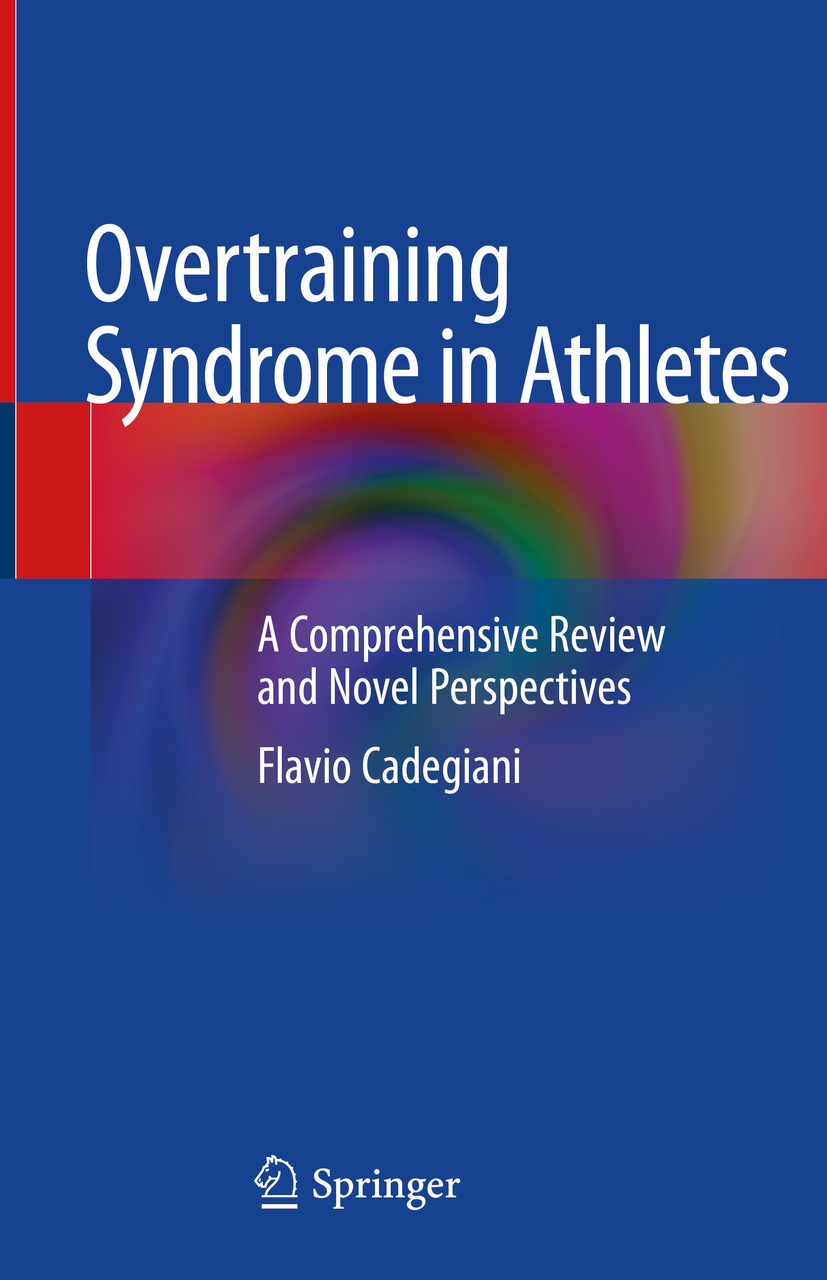Flavio Cadegiani
Overtraining Syndrome in Athletes
A Comprehensive Review and Novel Perspectives
1st ed. 2020
Flavio Cadegiani
Federal University of So Paulo, So Paulo, So Paulo, Brazil
ISBN 978-3-030-52627-6 e-ISBN 978-3-030-52628-3
https://doi.org/10.1007/978-3-030-52628-3
The Editor(s) (if applicable) and The Author(s), under exclusive license to Springer Nature Switzerland AG 2020
This work is subject to copyright. All rights are solely and exclusively licensed by the Publisher, whether the whole or part of the material is concerned, specifically the rights of translation, reprinting, reuse of illustrations, recitation, broadcasting, reproduction on microfilms or in any other physical way, and transmission or information storage and retrieval, electronic adaptation, computer software, or by similar or dissimilar methodology now known or hereafter developed.
The use of general descriptive names, registered names, trademarks, service marks, etc. in this publication does not imply, even in the absence of a specific statement, that such names are exempt from the relevant protective laws and regulations and therefore free for general use.
The publisher, the authors and the editors are safe to assume that the advice and information in this book are believed to be true and accurate at the date of publication. Neither the publisher nor the authors or the editors give a warranty, expressed or implied, with respect to the material contained herein or for any errors or omissions that may have been made. The publisher remains neutral with regard to jurisdictional claims in published maps and institutional affiliations.
This Springer imprint is published by the registered company Springer Nature Switzerland AG
The registered company address is: Gewerbestrasse 11, 6330 Cham, Switzerland
To my mom, Ana Dorinda, who always supported me.
To my dad, Flavio, for his unique way of loving.
To my stepdad, Weber; stepmom, Mara; sister, Pietra; my maternal grandparents, Maria del Carmen and Mariano; and paternal grandparents, Alice and Pietro, in memoriam.
To the athletes that participated in the EROS study, who opened the doors to a new era in understanding overtraining syndrome.
To the non-athletes that participated in the EROS study, who opened the doors to the cognizance of endocrinology and metabolism in the healthy athlete.
To Prof. Dr. Claudio Kater, my PhD guide and tutor forever, who supported me wherever I wanted to go, providing me the most expert opinions, and who has become the reference of my professional and scientific life.
To my colleagues from the PhD program in Clinical Endocrinology at the Adrenal and Hypertension Unit, Department of Medicine, Federal University of So Paulo, Brazil.
To all editors who gave me the chance to publish my work, opening the doors to the world.
To all reviewers who gave me true lessons and guidance to never stop improving the quality of what I publish.
To the team at my private clinic, who helped me make last-minute changes and supported me with all my non-professional tasks when I was too busy researching and writing this book.
To all my patients, who showed me how to constantly improve my medical practice, and who opened my eyes to the gaps in the understanding of impaired athletes and overtraining syndrome.
To all those who had no idea of what I was writingand may still not understandbut encouraged me in this endeavor.
To my giant cats, Ken and Barbie, who jumped on my hands while I was writing the book and gave me their unconditional love throughout this journey.
Preface
Overtraining syndrome is among the diseases with the largest prevalence in elite athletes, but not limited to this group.
Its occurrence was first hypothesized when athletes began to present unexplained decrease in sports performance in the 1940s and 1950s. By that time, the concept the more the better in terms of training was prevailing, and competitiveness was on the rise due to recommencement of the Olympics after the World War II (WWII) and the Cold War, when performance in sports had unprecedented political weight. Some athletes started to show a progressive loss of performance that responded paradoxically to increase of training load, that is, the more they trained, the worse they performed, and were unresponsive to recovery interventions.
This new paradox observed in some athletes was unsuccessfully investigated for an extensive range of causes could also justify the underperformance.
A syndrome of unexplained underperformance in athletes then emerged, which was strictly related to excessive training. Hence, the term overtraining syndrome was intuitively coined, although only decades after the first descriptions of overtraining.
Once excessive training was assumed to be the sole trigger of overtraining syndrome, changes in training patterns towards periodization, avoiding excessive training, was expected to mitigate this syndrome. However, periodization of training sessions as the only intervention unexpectedly failed to reduce the incidence overtraining syndrome. Indeed, looking backward, the identification of excessive training as the intrinsic factor that leads to loss of performance, as well as the underlying mechanisms to justify reduction of physical capacity in response to over-exercising, were not elucidated by that time, and the hypothesis that overtraining syndrome was actually caused by overtraining was merely empirical.
Since changes in the paradigm of training programs were not enough to resolve overtraining syndrome, other triggers were likely present, although these have not been extensively investigated. End result, a gap in the knowledge of what really triggered overtraining syndrome remained unsolved.
While the majority of elite athletes experience at least one episode of overtraining syndrome, the growing number of non-professional athletes that practiced sports at extremely intense levels, resembling professionals, with concurrent rigid practices and living patterns, led to an increase of overtraining syndrome incidenceand recognition.
The use of the term overtraining has spread among athletes, sports coaches, and more recently in specific and general media. However, almost always this expression was used to describe conditions other than overtraining syndrome, while unsubstantiated characteristics and manifestations alleged to be part of overtraining syndrome that been universally accepted led to an almost general misinterpretation and misunderstanding of overtraining syndrome, with consequent misdiagnosis in the majority of the cases. The two hallmarks of overtraining syndrome, the loss of performance and the lack of an apparent explanation for impaired performance, have become secondary in the context of the broad use of the term overtraining.
With general misuse of the term overtraining, the loss of significance of overtraining syndrome, and the reduction in scientific publishing on the field in the 1990s, those suffering from this condition remained underappreciated, which ended the career of several professional athletes.

